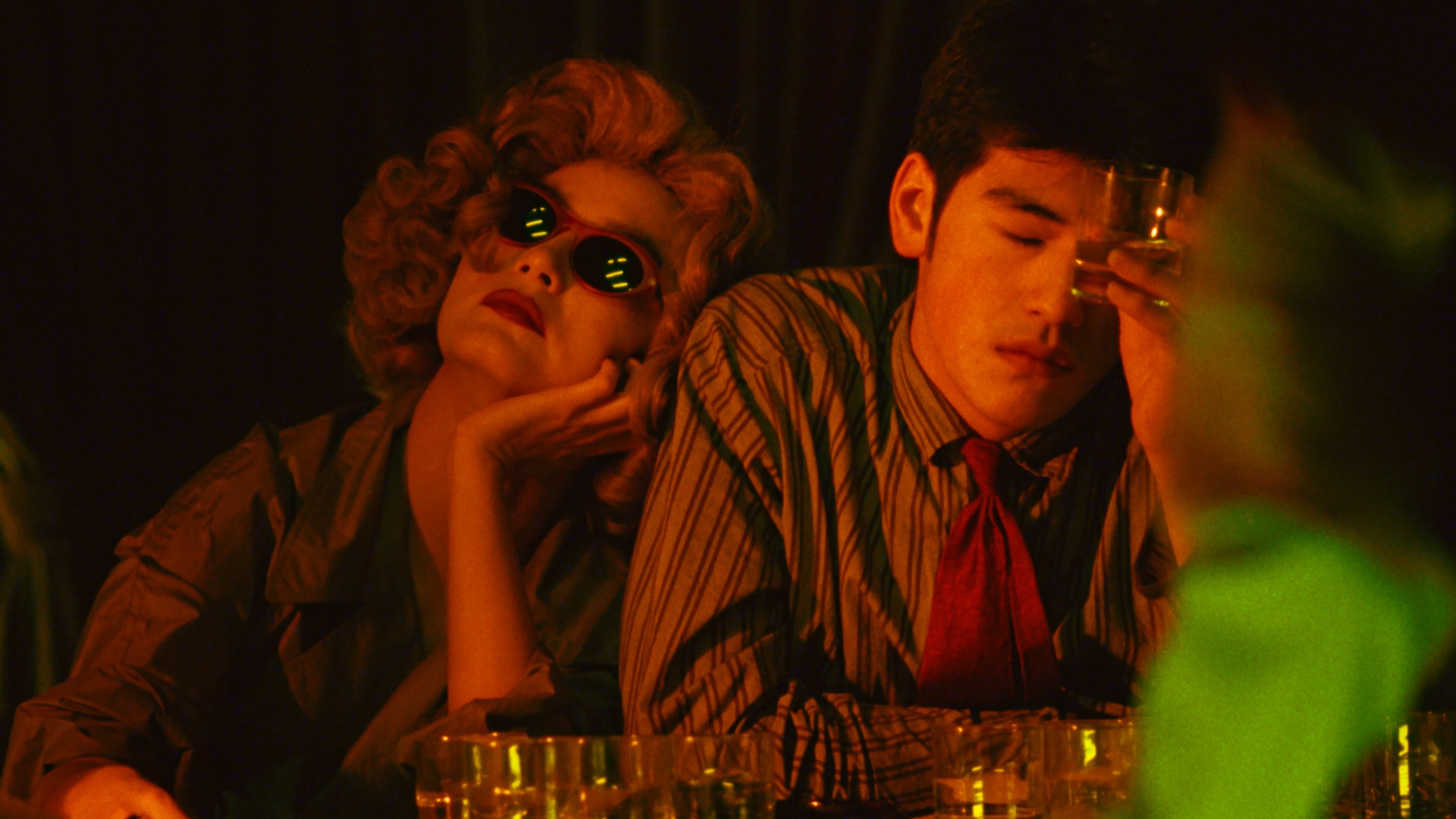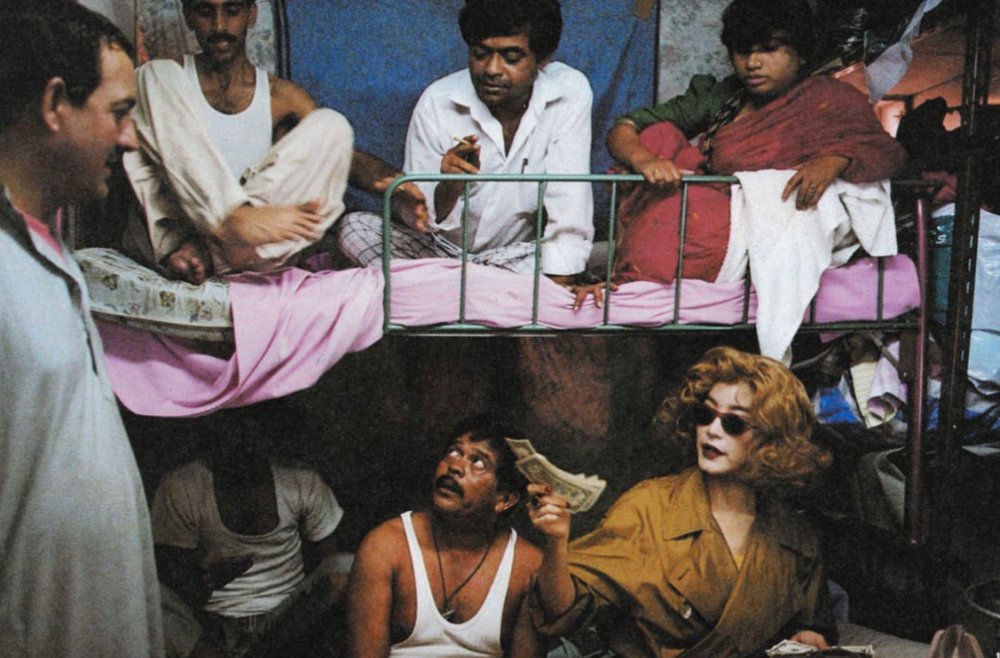


The glittering Chungking Express, his spiky, neon-soaked, multi-stranded tangle of crime romp and romcom, follows on Wednesday. Tuesday brings Days of Being Wild, the film that christened Wong’s key partnership with cinematographer Christopher Doyle, and it’s a clear step up – a dazzling whirl through the bright lights of 1960s Hong Kong, tracking a reckless playboy through personal and familial crisis. It’s his most conventional film, given its hoary narrative throughline of a Chinese triad gangster torn between love and honour, but enlivened with nascent, skittering flashes of his woozy signature style.īrigitte Lin and Takeshi Kaneshiro in Chungking Express (1994) by Wong Kar-Wai.

Monday kicks things off, obviously enough, with his 1988 debut As Tears Go By. The ICA’s programme effectively offers a Wong a day for the coming week, with all the films available to stream there for a fortnight after their debut. His very best films invite not simple viewing, but complete inhalation. Whatever the precise grade, his work is reliably hot with colour and sensual detail – be it the steam rising off a pot of noodles, or the slick of sweat between entangled limbs. Launching on the ICA’s new online Cinema 3 platform on Monday, the retrospective extends to the BFI Player from 8 February.Ĭinema screenings at the ICA and BFI Southbank will follow whenever the pandemic permits – but for now, in the midst of a wintry lockdown, a Wong feast feels just right. Seven of Wong’s films have been given glistening new 4K restorations for the World of Wong Kar-Wai retrospective, which also includes a number of unrestored titles. Happily, we can see for ourselves this week, with a streaming event that offers much more to savour than technical debate. His very best films invite not simple viewing, but complete inhalation The new images, it seemed, had a greener tint than in previous editions: had the colour grade been altered? And given that the restoration had been supervised by Wong himself, was this an experiment on his part or an assertion of his original vision? Back and forth the tweets went, with no one much the wiser. Earlier this month, revered Hong Kong film-maker Wong Kar-Wai was at the centre of one, as stills from a new Criterion restoration of his 2000 film In the Mood for Love were passed around. Anyone who has spent any time in Film Twitter – that strange social media subdivision where critics, cinephiles and industry folk are united by a medium, but little else – knows that it doesn’t take much to spark a heated argument there.


 0 kommentar(er)
0 kommentar(er)
